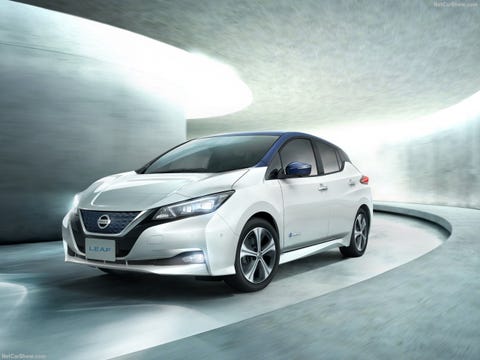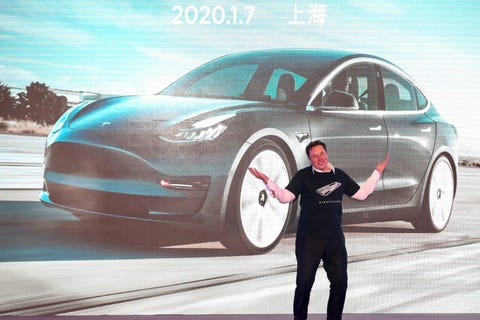A huge reduction in the cost of large lithium-ion battery packs has led to an escalation in the development of the EV industry. However, the future seems still pretty far away. According to Mercedes’ Chief Technology Officer, EVs may not get much cheaper at all over the next few years.
“Coming to [a battery price of] 50 U.S. dollars per kilowatt, which would lead to comparable cost basis to an I.C.E. engine, I would say this is far out there,” Mercedes CTO Markus Schäfer told Road & Track. “I don’t see that with the chemistry that we have today.”
Reaching so-called “price parity,” Schäfer said, just isn’t possible with any current commercially available battery technology.

“It’s a crystal ball thing to answer. And it will very much depend on mining capacity [for raw materials] and the global ramp-up of EVs. So, these are the two main factors,” he said. “But I would say, for quite a while we will see headwinds on the raw material side.”
While increasing demand for large battery packs has helped through manufacturing advancements and economies of scale, it’s this scale that is now posing a large challenge. Currently, the demand for lithium batteries will outrun the capacity of current rare-earth metal mines. The earth has more deposits of lithium, but bringing mines online is complicated and expensive.

“So, the anticipated decrease well below 100 US dollars or Euros per kilowatt, that might take longer,” Schäfer said. “The chemistry, honestly, if we’re staying with the ingredients, we have today… there’s not that breakthrough foreseeable.”


